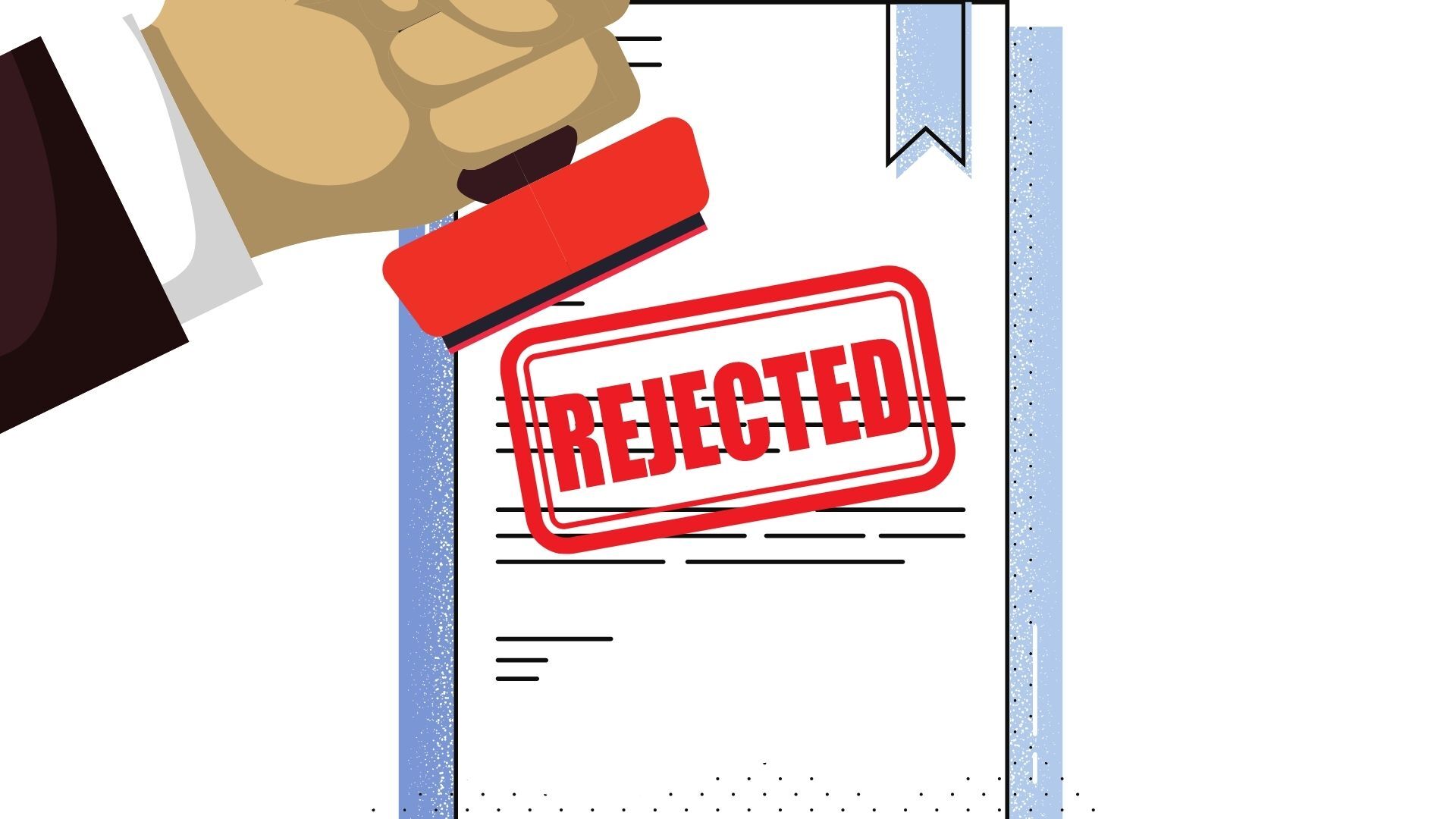There is No Ordinary Discovery in ERISA Litigation
The Upside-Down World of ERISA Disability Benefits

The first thing to understand about the topsy-turvy world of ERISA disability benefits litigation is that the plaintiff has no right to take ordinary discovery after filing a complaint in federal district court. On its face, an ERISA disability case looks like a contract dispute between the parties: the claimant has sought benefits pursuant to the disability plan and the administrator of the plan (usually an insurer) has denied the claim. In ERISA cases, however, the administrator’s decision is essentially treated as if it had been made by an administrative court. So when a plaintiff files suit in federal court, the court’s role typically is to review the decision of the administrator, not to preside over a trial on the merits. With very few exceptions, the case goes directly from an initial complaint to the filing of cross-motions for “summary judgment” based on the claim file. No depositions, no interrogatories, and no requests for admission. As a result, the judge typically only has before her the administrative record compiled during the appeal process and certified for the court by the attorneys after the Complaint and Answer have been filed.
Our Approach for Filed Cases
That is why at Low and Canata, we treat the claims process as if it were a hybrid period that is one part discovery, one equal part trial. We obtain and submit whatever helpful evidence we can gather during the claims process, often being quite creative in engaging different professionals to explain and substantiate the plaintiff’s disability. We anticipate possible reasons for denials and submit evidence preempting the administrator from denying a claim based on a technicality. It is a fluid and creative process that requires a feel for the disability plan, the nature of the disability, and the posture of the claim.
Time Is of the Essence
ERISA disability litigation must begin during the claims process, which is in all likelihood the only time that lawyers and claimants will have the opportunity to submit evidence to substantiate the claim. It is absolutely vital to make your case during the claims process, because you will not be able to do so once the administrator informs you that “the record is now closed.”
Related Blog Posts...
About Us
Useful Links
Contact Info
Business Hours
- Mon - Fri
- -
- Sat - Sun
- Closed
© 2020 Low and Conata. All Rights Reserved
Website designed by Wampler Marketing & Advertising






